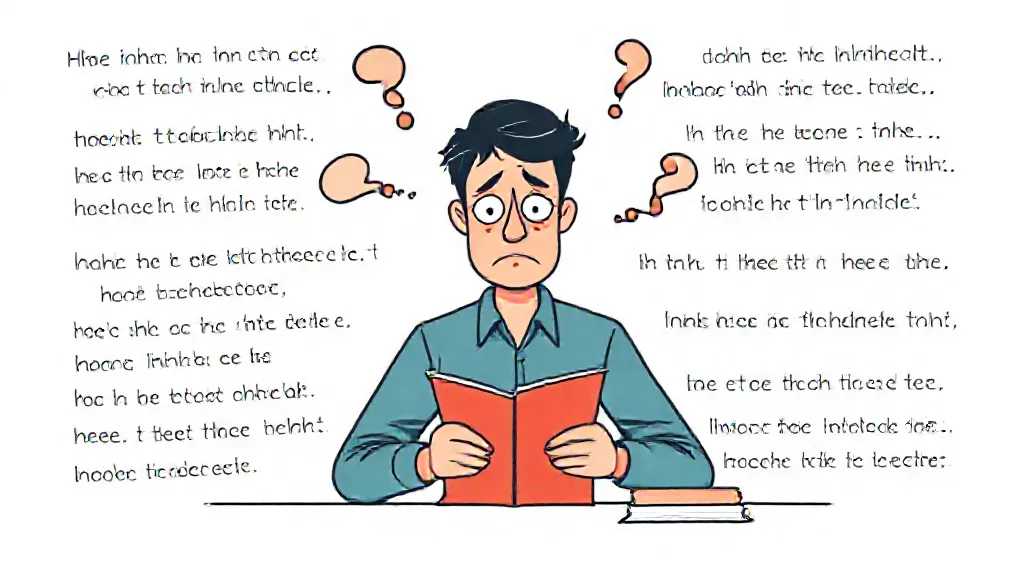Understanding why some sentences sound grammatically awkward involves delving into the complexities of language structure, syntax, and the rules that govern effective communication. Sentences may appear awkward due to a variety of factors, including improper word order, misuse of grammatical rules, or the influence of regional dialects and colloquialisms. This article aims to dissect these elements, providing insights into how language operates and why clarity is paramount in effective writing.
The Role of Syntax in Sentence Construction
Syntax, the arrangement of words and phrases to create well-formed sentences, plays a crucial role in determining the grammaticality of a sentence. When the syntax is off, even if the individual words are correct, the sentence may sound awkward. For example, consider the sentence "She quickly the book read.
" This sentence is grammatically incorrect because the word order disrupts the natural flow of English syntax, which typically follows a subject-verb-object structure. Correcting it to "She quickly read the book" resolves the awkwardness and aligns with standard English syntax.
Common Grammatical Errors That Lead to Awkwardness
Certain grammatical errors frequently lead to awkward sentences.
Misplaced modifiers, for instance, can result in confusion. In the sentence "He almost drove his kids to school every day," the placement of "almost" suggests he didn't drive them at all, which may not be the intended meaning. A clearer construction would be "He drove his kids to school almost every day.
" Recognizing these common pitfalls can help writers avoid awkward phrasing and enhance clarity.
The Influence of Colloquial Language
Colloquial language, or informal speech patterns, can also contribute to awkwardness in writing. When individuals attempt to replicate spoken language in written form, they may inadvertently create sentences that sound awkward or convoluted.
For example, "I ain't got no time for that" is a colloquial expression that, while common in spoken English, is grammatically incorrect. A more formal and grammatically correct version would be "I do not have any time for that." Understanding the distinction between spoken and written language is essential to avoid such awkwardness.
Cultural and Regional Variations in Grammar
Grammar can vary significantly across different cultures and regions, leading to sentences that may sound awkward to outsiders. For instance, British English often employs different grammatical structures compared to American English. A British speaker might say, "I've got a car," while an American would typically say, "I have a car.
" Such differences can lead to misunderstandings or perceptions of awkwardness, particularly in cross-cultural communication. Recognizing these variations is vital for effective communication in a globalized world.
The Impact of Ambiguity on Clarity
Ambiguity is another factor that can render sentences awkward.
When a sentence can be interpreted in multiple ways, it can confuse the reader. For example, the sentence "The man saw the boy with the telescope" is ambiguous; it is unclear whether the man used the telescope to see the boy or if the boy had the telescope. Clarifying such sentences by restructuring them can eliminate ambiguity and enhance readability, such as "Using the telescope, the man saw the boy.
"
The Importance of Conciseness
Conciseness is essential in effective writing. Lengthy, convoluted sentences often lead to awkwardness as they can overwhelm the reader. For instance, a sentence like "In the event that you would like to discuss this matter further, please do not hesitate to contact me at your earliest convenience" can be simplified to "Please contact me if you would like to discuss this matter further.
" Striving for brevity while maintaining clarity can significantly reduce grammatical awkwardness.
The Role of Proofreading and Revision
Proofreading and revision are crucial steps in the writing process that can help identify and rectify awkward sentences. Often, writers may overlook their own mistakes, making it beneficial to have another set of eyes review the text.
Reading sentences aloud can also help writers hear the awkwardness that may not be apparent when reading silently. This practice allows for adjustments that enhance flow and clarity.
Conclusion: Striving for Clarity in Writing
In conclusion, the reasons behind grammatically awkward sentences are multifaceted, involving syntax, grammatical errors, colloquial influences, cultural variations, ambiguity, and the need for conciseness.
By understanding these factors and actively working to improve sentence structure and clarity, writers can communicate more effectively. Emphasizing the importance of proofreading and revision further ensures that the final product is polished and free from awkwardness, leading to clearer and more engaging writing.
